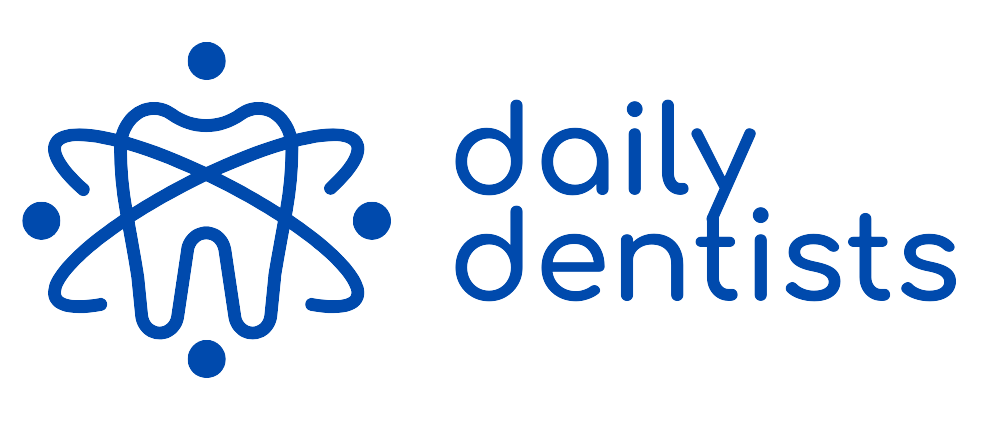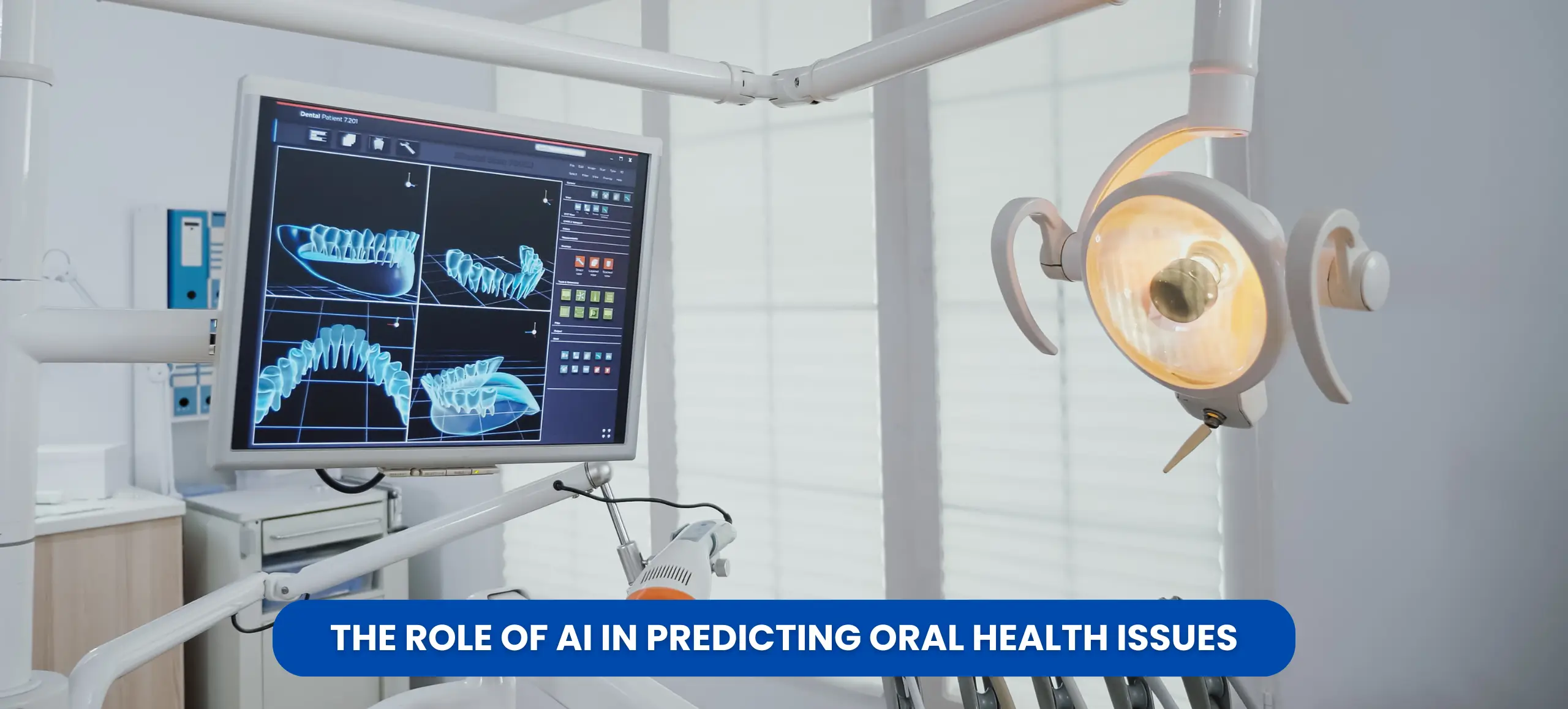Oral health is a cornerstone of overall well-being, yet traditional methods for detecting dental issues often rely on periodic check-ups and patient-reported symptoms. While these approaches have been effective, they can sometimes lead to late diagnoses, resulting in more complex and costly treatments. The advent of artificial intelligence (AI) is poised to revolutionize the field of dentistry by offering advanced tools for early detection, prevention, and personalized care.
By analyzing vast amounts of dental data, including X-rays, patient records, and genetic information, AI algorithms can identify patterns and anomalies that may indicate the onset of oral health problems. This proactive approach holds the promise of significantly improving oral health outcomes through early intervention and tailored treatment plans.
Understanding AI in Dentistry
Artificial intelligence (AI) is a branch of computer science that focuses on creating intelligent agents, systems that can reason, learn, and act autonomously. In dentistry, AI is employed to analyze complex data sets and perform tasks that traditionally require human expertise.
How does AI work in dentistry?
- Machine learning: This is a subset of AI that enables computers to learn without being explicitly programmed. In dentistry, machine learning algorithms can be trained on vast amounts of dental data, such as X-rays, patient records, and genetic information, to identify patterns and make predictions.
- Deep learning: A more advanced form of machine learning, deep learning uses artificial neural networks to process information in a way similar to the human brain. It excels at analyzing complex images, making it particularly useful for dental imaging.
By leveraging these AI techniques, dental professionals can gain valuable insights from patient data, leading to more accurate diagnoses, effective treatment planning, and improved patient outcomes.
AI in Early Detection
One of the most promising applications of AI in dentistry is its ability to detect oral health issues at their earliest stages. By analyzing vast amounts of patient data, AI algorithms can identify subtle signs of disease that may be overlooked by human examiners.
- Predicting Dental Caries (Cavities): AI can analyze dental images to identify early signs of tooth decay, allowing for timely intervention and preventing the progression of cavities.
- Detecting Oral Cancer: AI-powered image analysis can help identify suspicious lesions in the mouth, potentially leading to earlier diagnosis and improved treatment outcomes.
- Identifying Periodontal Disease (Gum Disease): AI algorithms can assess dental images and patient records to detect early signs of gum inflammation, allowing for prompt treatment to prevent tooth loss.
- Recognizing Other Oral Health Conditions: AI has the potential to identify a wide range of oral health conditions, including oral cancer, tooth wear, and temporomandibular joint (TMJ) disorders.
By enabling early detection, AI can help prevent more severe oral health problems, reduce the need for invasive treatments, and improve overall patient quality of life.
AI-Powered Diagnostic Tools
AI is rapidly transforming the way dental professionals diagnose and treat oral health conditions. A variety of AI-powered tools are being developed to enhance accuracy, efficiency, and precision in dental practice.
- AI-Enhanced Dental Imaging:
- Improved image quality: AI can enhance the clarity and resolution of dental X-rays and CT scans, making it easier to identify subtle abnormalities.
- Automated image analysis: AI algorithms can analyze dental images to detect and quantify dental issues, such as cavities, bone loss, and impacted wisdom teeth.
- AI-Driven Oral Cancer Screening:
- Early detection: AI can analyze images of the oral cavity to identify suspicious lesions that may indicate oral cancer, enabling early intervention.
- Risk assessment: AI can evaluate patient data to assess their risk for developing oral cancer and recommend appropriate screening intervals.
- AI for Orthodontic Diagnosis and Treatment Planning:
- Treatment planning: AI can analyze dental records and facial images to create detailed treatment plans for orthodontic patients, including determining the optimal placement of braces or aligners.
- Treatment progress monitoring: AI can track the progress of orthodontic treatment and make adjustments as needed.
By leveraging AI-powered diagnostic tools, dental professionals can provide more accurate and effective care to their patients.
Benefits of AI in Oral Health
The integration of AI into dentistry offers a multitude of advantages for both dental professionals and patients.
- Improved Accuracy and Efficiency of Diagnosis: AI-powered tools can analyze dental data with exceptional precision, leading to more accurate and timely diagnoses. This can help identify potential issues early on, when treatment is often less invasive and more effective.
- Early Intervention Leading to Better Treatment Outcomes: By detecting oral health problems at their earliest stages, AI enables prompt intervention, preventing conditions from worsening and reducing the need for complex treatments.
- Personalized Treatment Plans: AI can analyze patient data to create customized treatment plans tailored to individual needs and risk factors. This personalized approach can improve treatment outcomes and patient satisfaction.
- Potential for Reduced Dental Costs: Early detection and prevention of oral health issues can help reduce the overall cost of dental care for patients. Additionally, AI-driven automation can streamline dental procedures, potentially lowering costs for dental practices.
- Increased Access to Oral Healthcare: AI-powered tools can help bridge the gap in access to oral healthcare by enabling remote consultations and diagnosis. This can be particularly beneficial for underserved populations.
By harnessing the power of AI, the dental industry can achieve significant advancements in oral health care, benefiting both patients and dental professionals.
Challenges and Considerations
While the potential benefits of AI in dentistry are substantial, several challenges and considerations must be addressed for its successful implementation.
- Data Privacy and Security Concerns: The collection and storage of patient data for AI analysis raise concerns about privacy and security. A secure and protected safety protocol must be there to protect sensitive patient information.
- Ensuring AI Algorithms are Unbiased: AI algorithms are trained on data, and if the data is biased, the AI system may perpetuate those biases. It is crucial to ensure that AI systems used in dentistry are fair and equitable for all patients.
- The Need for Human Expertise in Conjunction with AI: While AI can enhance diagnostic accuracy and efficiency, human expertise remains essential for interpreting AI-generated results and making clinical decisions. A collaborative approach between humans and AI is necessary.
- Ethical Implications of AI in Healthcare: The use of AI in healthcare raises ethical questions, such as the potential for job displacement, the impact on patient-doctor relationships, and the accountability for AI-related errors.
Addressing these challenges is crucial for the responsible and effective integration of AI into dental practice.
The Future of AI in Dentistry
The integration of AI in dentistry is still in its early stages, but the potential for transformative change is immense. As technology continues to advance, we can expect to see even more sophisticated and innovative applications of AI in the dental field.
- Emerging Trends and Technologies:
- Advanced image analysis: AI algorithms will become more skilled at identifying complex dental issues, such as early-stage cancers and microscopic abnormalities.
- Predictive analytics: AI can be used to predict the likelihood of developing certain dental diseases based on patient data, allowing for preventive measures.
- Personalized treatment plans: AI can create highly customized treatment plans based on individual patient data, including genetic information and lifestyle factors.
- Potential for AI-Powered Dental Assistants or Robots: AI-driven robots could assist dentists with routine tasks, such as cleaning instruments, taking impressions, and even performing simple procedures.
- Integration of AI into Tele dentistry: AI can enhance tele dentistry by enabling remote diagnosis, treatment planning, and patient monitoring.
- The Role of AI in Dental Research and Development: AI can accelerate dental research by analyzing vast amounts of data to identify new patterns and insights, leading to the development of innovative treatments and technologies.
The future of dentistry is bright, with AI playing a pivotal role in improving patient care, enhancing efficiency, and advancing dental science.
Final Thoughts
The integration of artificial intelligence (AI) into dentistry marks a significant leap forward in oral healthcare. By enabling early detection, improving diagnostic accuracy, and personalizing treatment plans, AI has the potential to revolutionize the way dental professionals care for their patients.
While challenges and considerations must be addressed, the benefits of AI in dentistry are undeniable. As technology continues to evolve, we can expect to see even more groundbreaking applications of AI in the dental field, ultimately leading to better oral health outcomes for people worldwide.
It is imperative that the dental community embraces AI as a valuable tool while maintaining a focus on human expertise and ethical considerations. By working together, dentists and AI can create a future where oral health is accessible, affordable, and of the highest quality for all.

